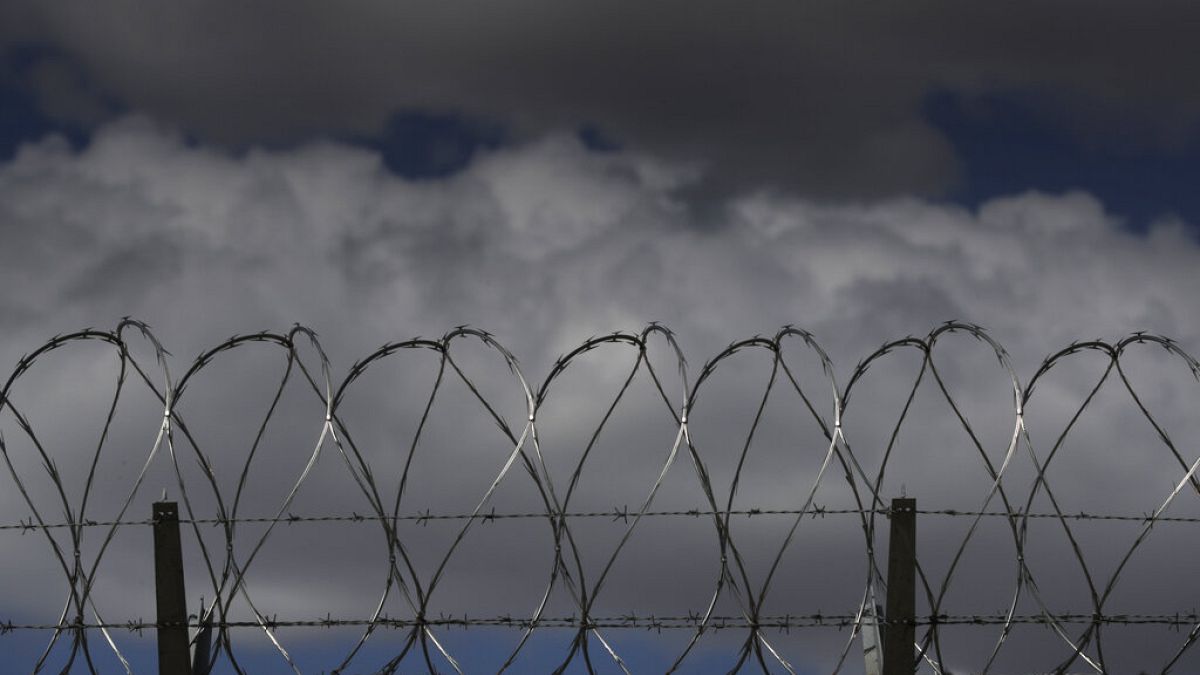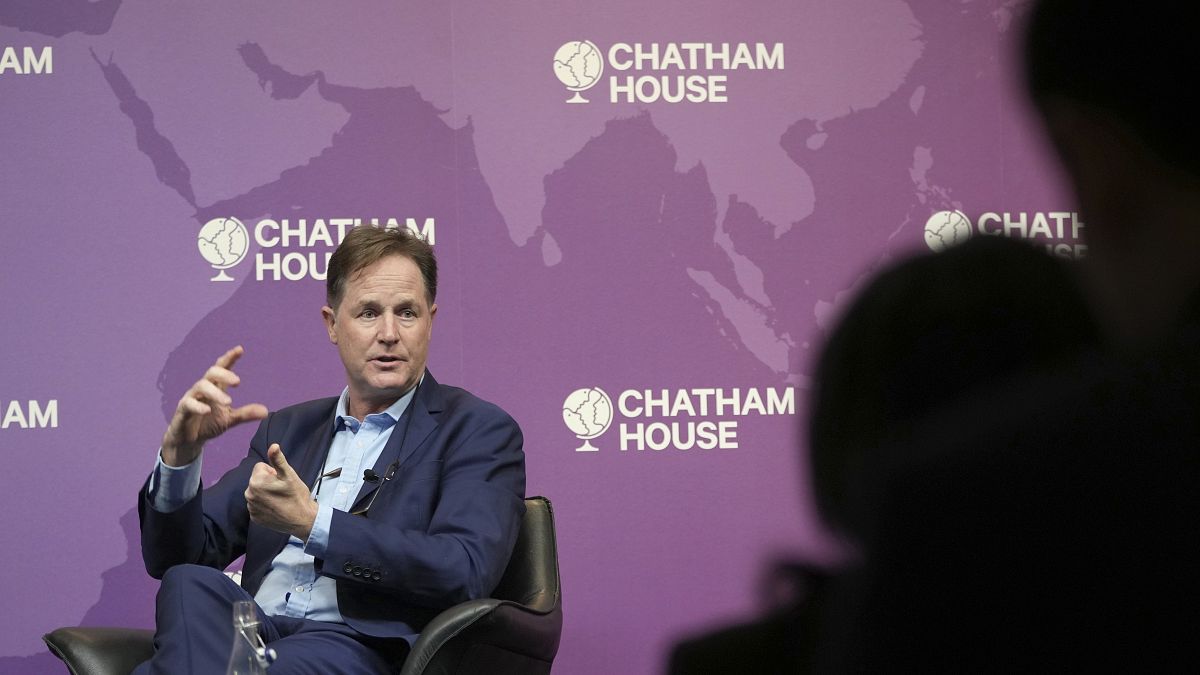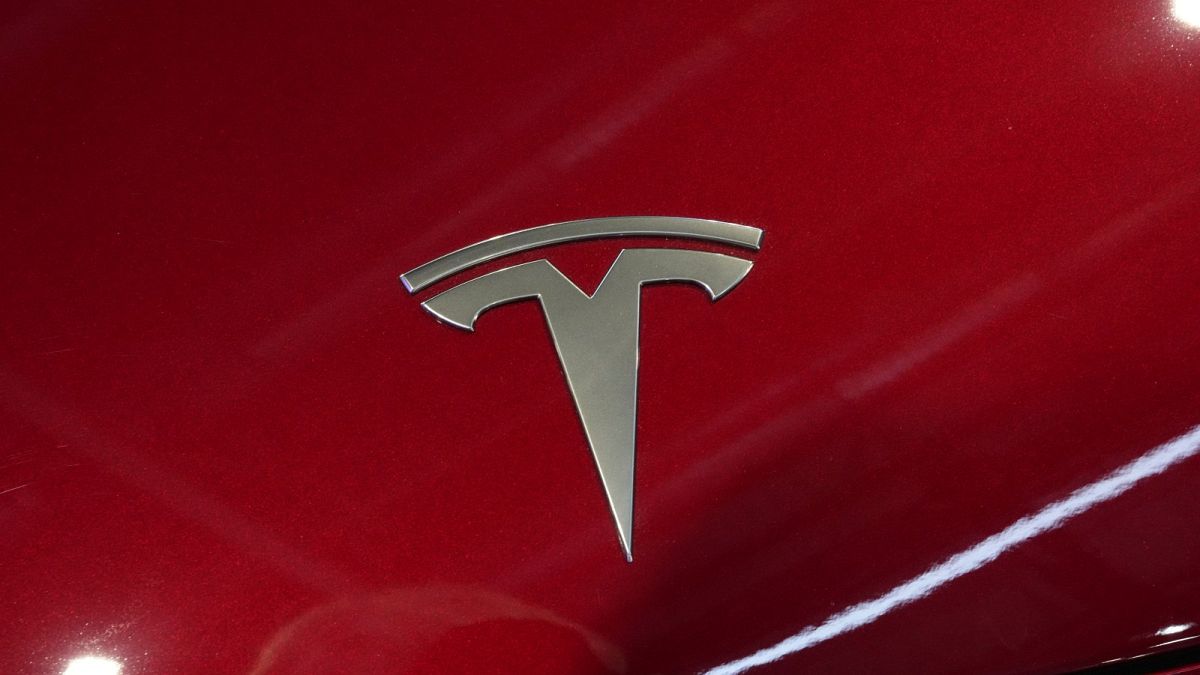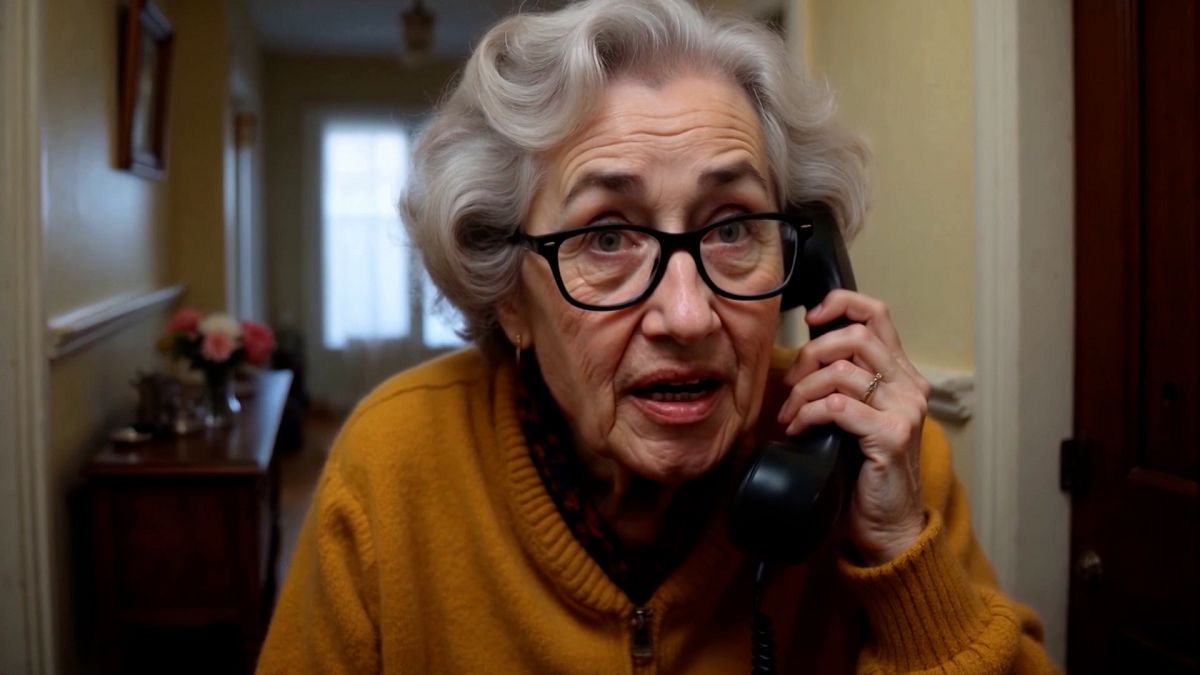Ignoring an arrest warrant by the ICC would breach international obligations and damage Hungary's reputation, Věra Jourová told Euronews.
The European Commission has issued a pointed warning to Viktor Orbán after the Hungarian Prime Minister announced he would invite his Israeli counterpart, Benjamin Netanyahu, and ignore the arrest warrant by the International Criminal Court (ICC).
Brushing off the order would breach international obligations and entail reputational damage, said Věra Jourová, one of the Commission's vice presidents.
The ICC said on Thursday there were "reasonable grounds" to believe that Netanyahu and his former defence minister, Yoav Gallant, had committed war crimes and crimes against humanity by limiting humanitarian aid and targeting civilians during Israel's military campaign in the Gaza Strip.
The court also placed a warrant on Mohammed Deif, the highest commander of the military wing of Hamas. (Israel says it has killed Deif but Hamas has not confirmed it.)
Orbán, a close ally of Netanyahu, blasted the decision as "outrageously impudent" and "cynical," and accused the ICC of "interfering in an ongoing conflict for political purposes."
While most EU countries said they would comply with the arrest warrant, Orbán broke ranks and invited Netanyahu to visit Hungary without facing repercussions.
"We will defy this decision, and it will have no consequences for him," he said.
Orbán's comments quickly made headlines and earned a rebuke by Věra Jourová, the European Commission's vice-president for values and transparency, who has often clashed with the government in Budapest.
"Responsible politicians are aware of their international commitments," Jourová told Euronews in an interview.
Hungary, like all EU member states, is a party to the Rome Statue, the 1998 treaty that established the tasks and jurisdiction of the ICC. As of today, 125 states are party to the treaty. Some notable absences include Israel, the US, Russia, China and India.
All signatories to the treaty are expected to comply with the arrest warrants issued by the court. The Hague-based tribunal does not have the means to enforce its decisions and relies on state parties to provide the necessary resources, including by placing under arrest any suspect who sets foot on their soil.
Ignoring the warrant will be an "obvious breach of the agreement," Jourová warned.
"The parties have to respect the decisions of the court. So it's a bounding decision of the International Criminal Court to everyone who is still signatory, including Hungary," she added, echoing the words of High Representative Josep Borrell.
"Every time a country breaches its commitments in these international institutions, it's always the moment which is damaging the reputation of such a country. So I cannot predict procedurally, but I think that the image of Hungary might be somehow affected."
Hungary, however, is not the only EU country that has cast doubt over the arrest warrant placed on Netayanhu. Austria and the Czech Republic, two of Israel's staunchest supporters in the bloc, have also offered critical, albeit less defiant, reactions.
Germany, meanwhile, has sent mixed signals. Annalena Baerbock, the foreign affairs minister, said the country would abide by the law "at the European level and internationally" but avoided going into "theoretical" scenarios. Steffen Hebestreit, the chief spokesperson of the federal government, was more non-committal and told reporters: "I find it hard to imagine that we would make arrests on this basis."
This is not the first time Orbán has reached out to an ICC-wanted leader.
In July, the Hungarian premier sparked a huge backlash when he flew to Moscow and met with President Vladimir Putin, whom the court has accused of war crimes for the forced deportation and transfer of Ukrainian children.

 1 month ago
16
1 month ago
16






 We deliver critical software at unparalleled value and speed to help your business thrive
We deliver critical software at unparalleled value and speed to help your business thrive






 English (US) ·
English (US) ·